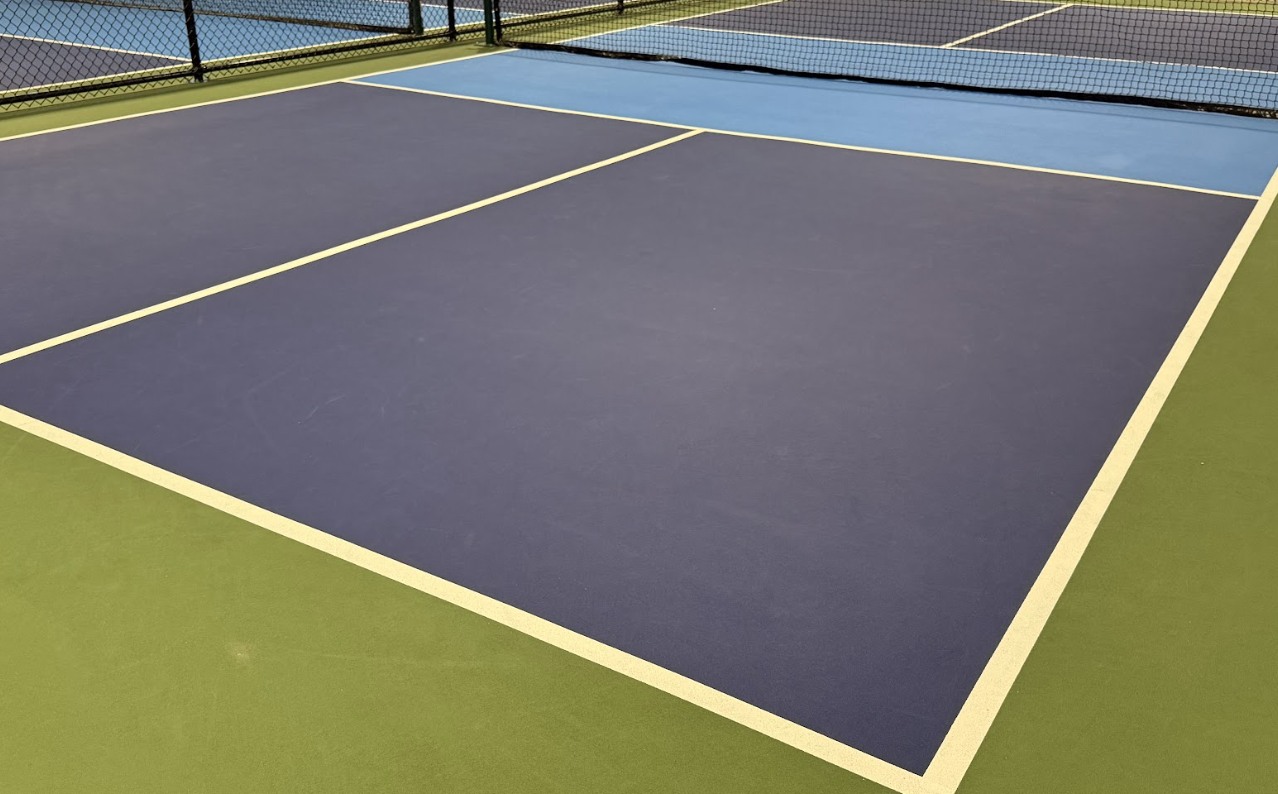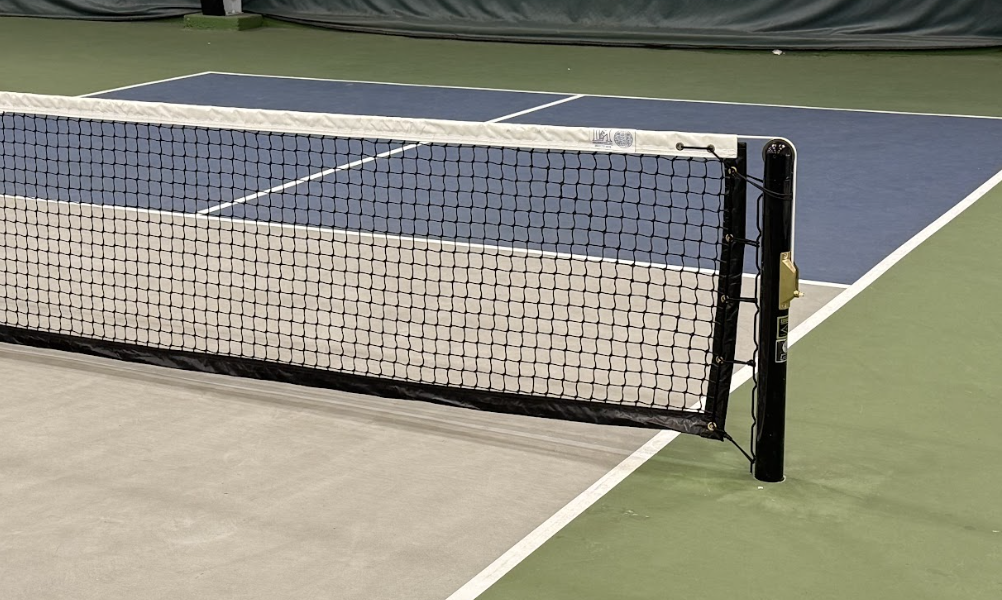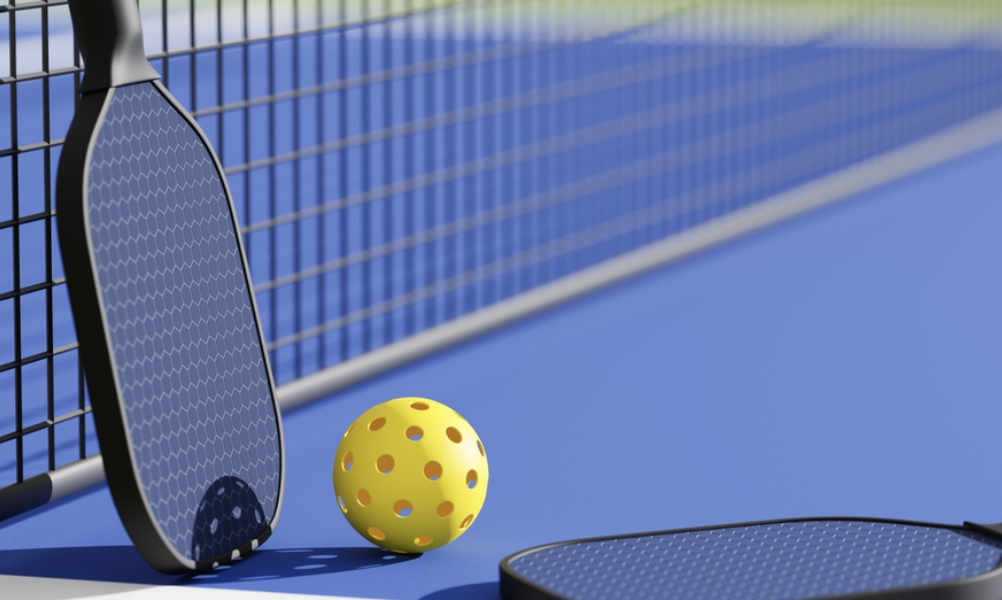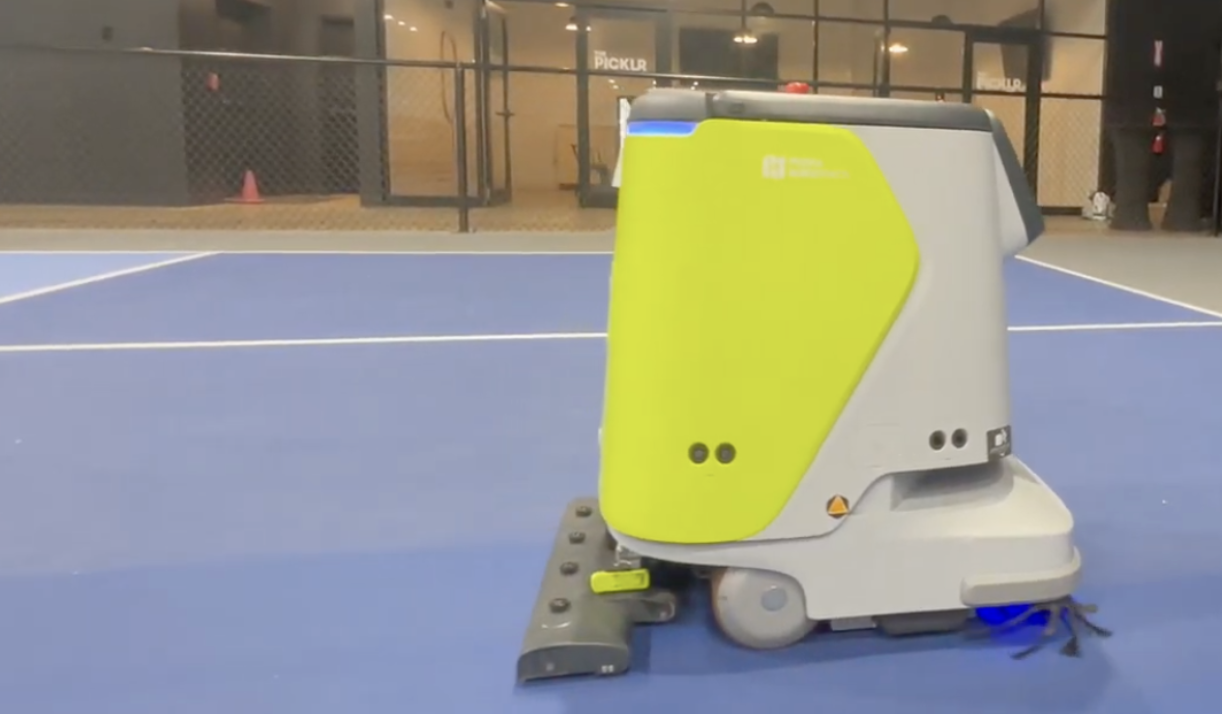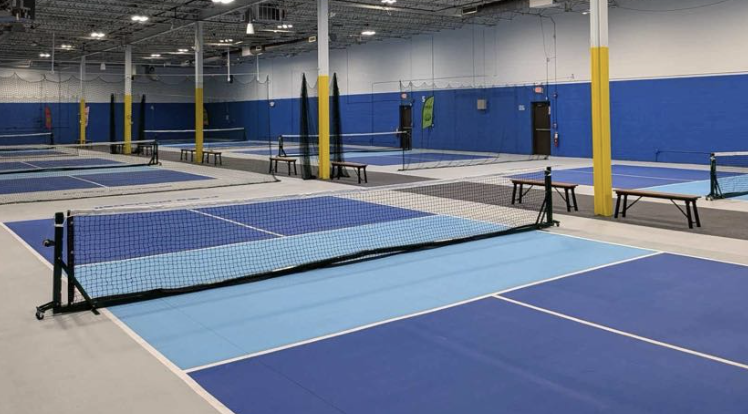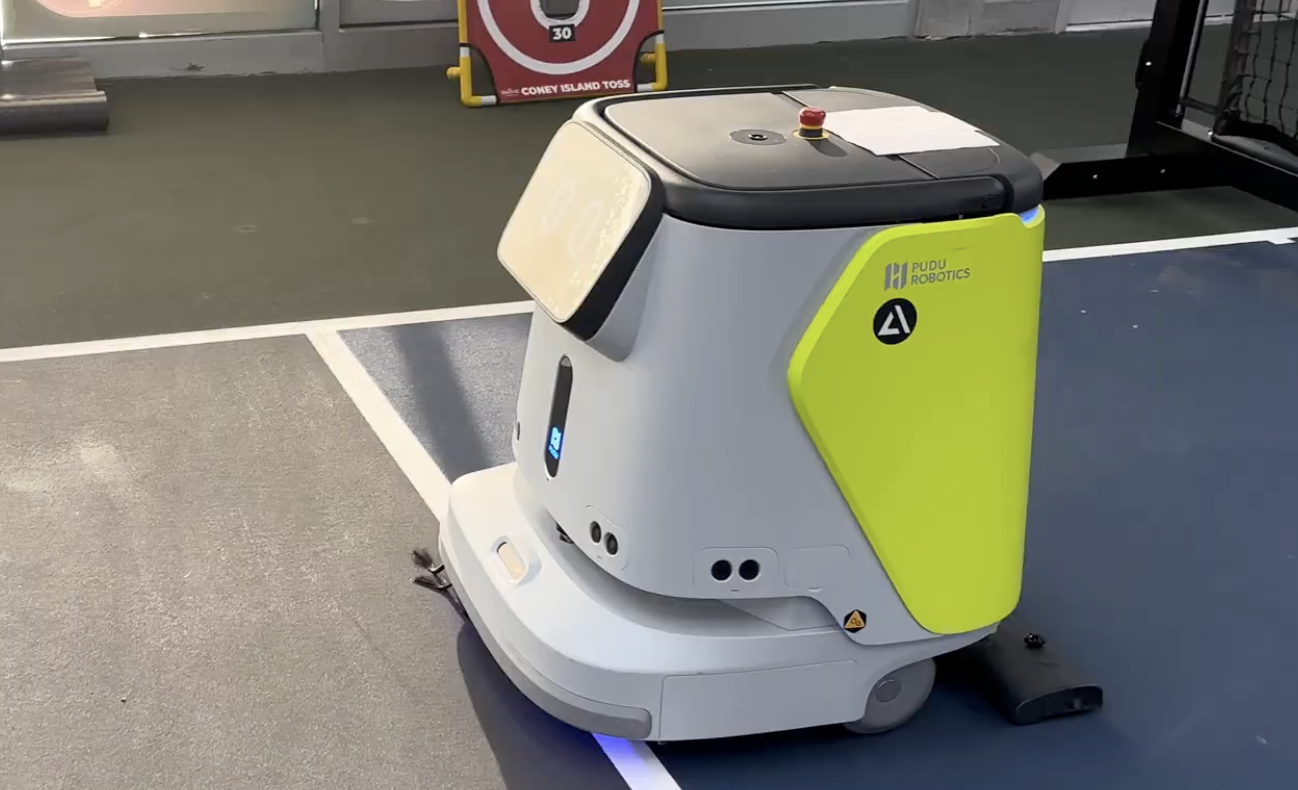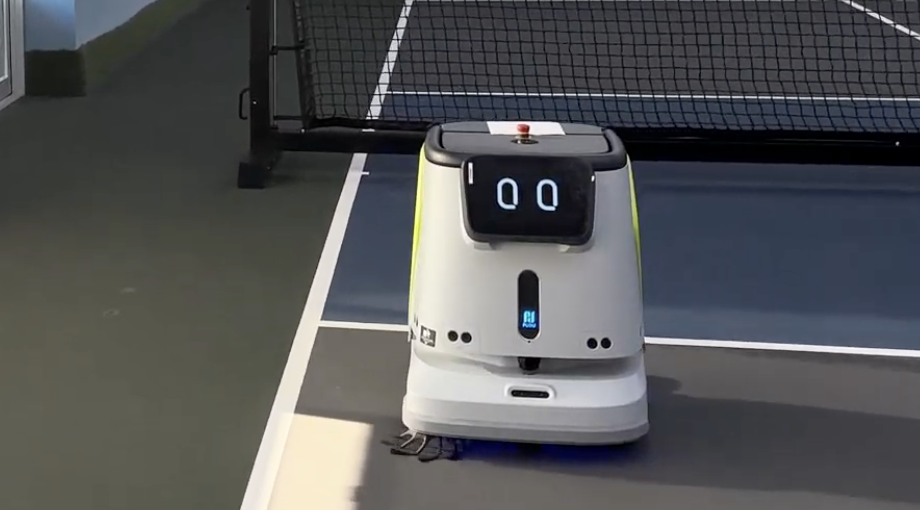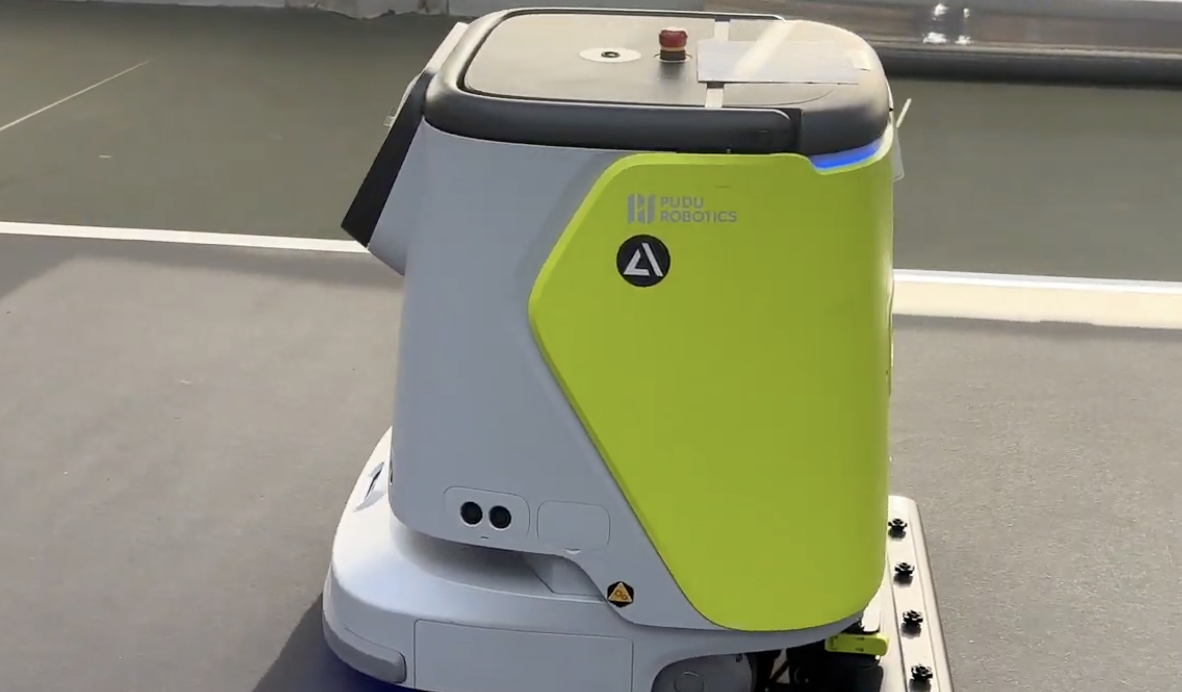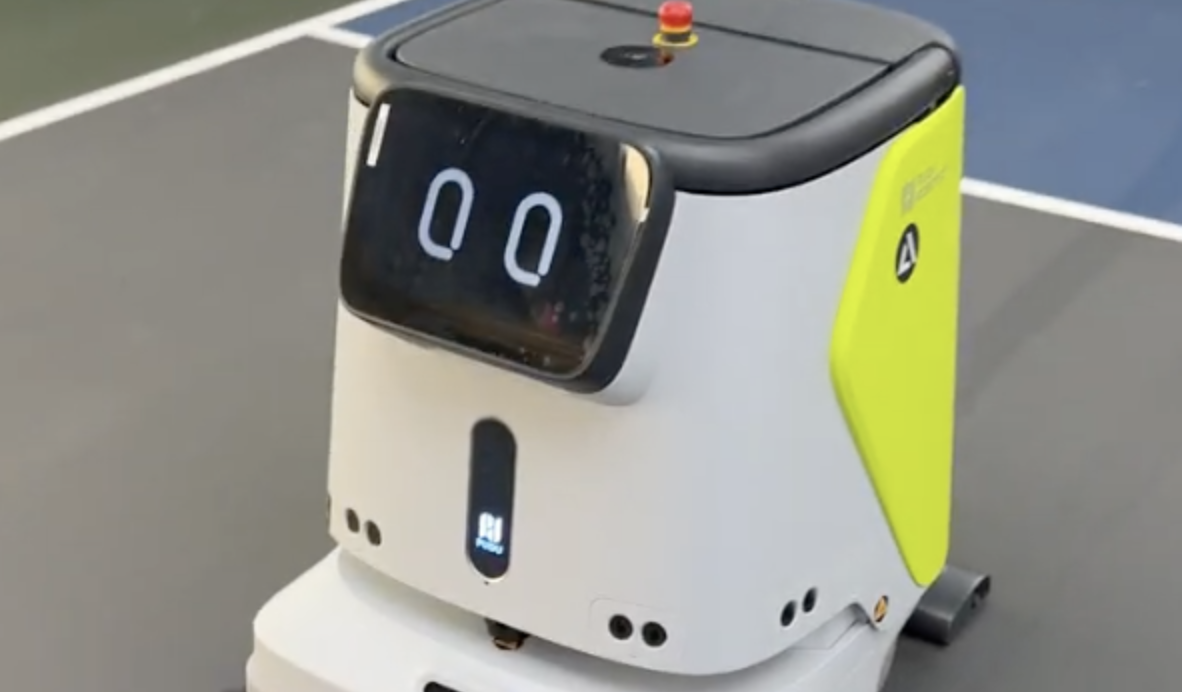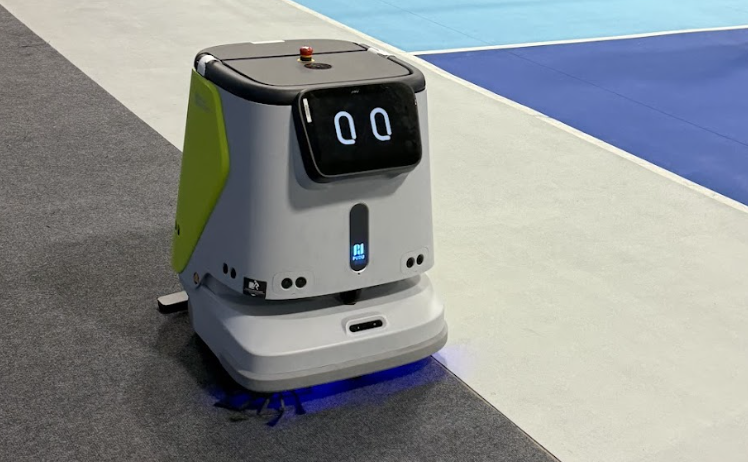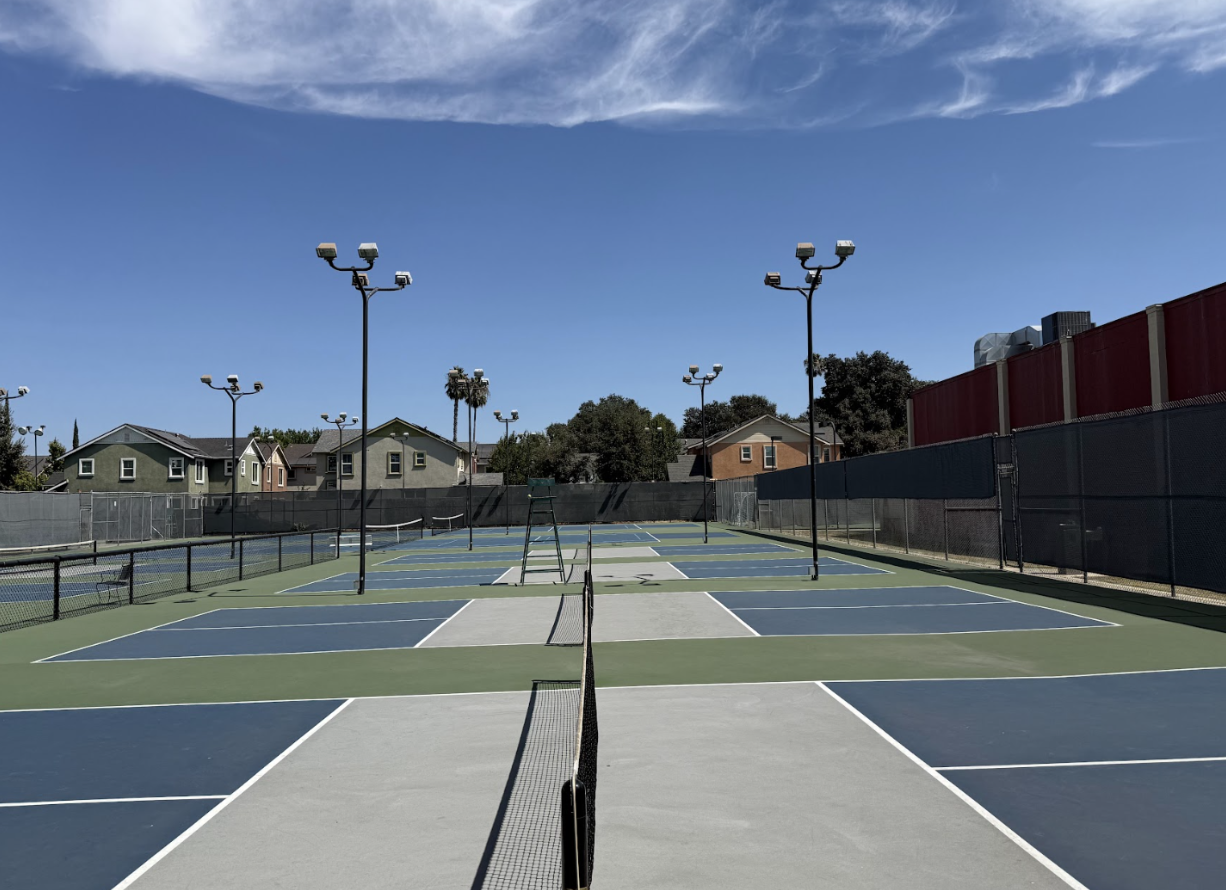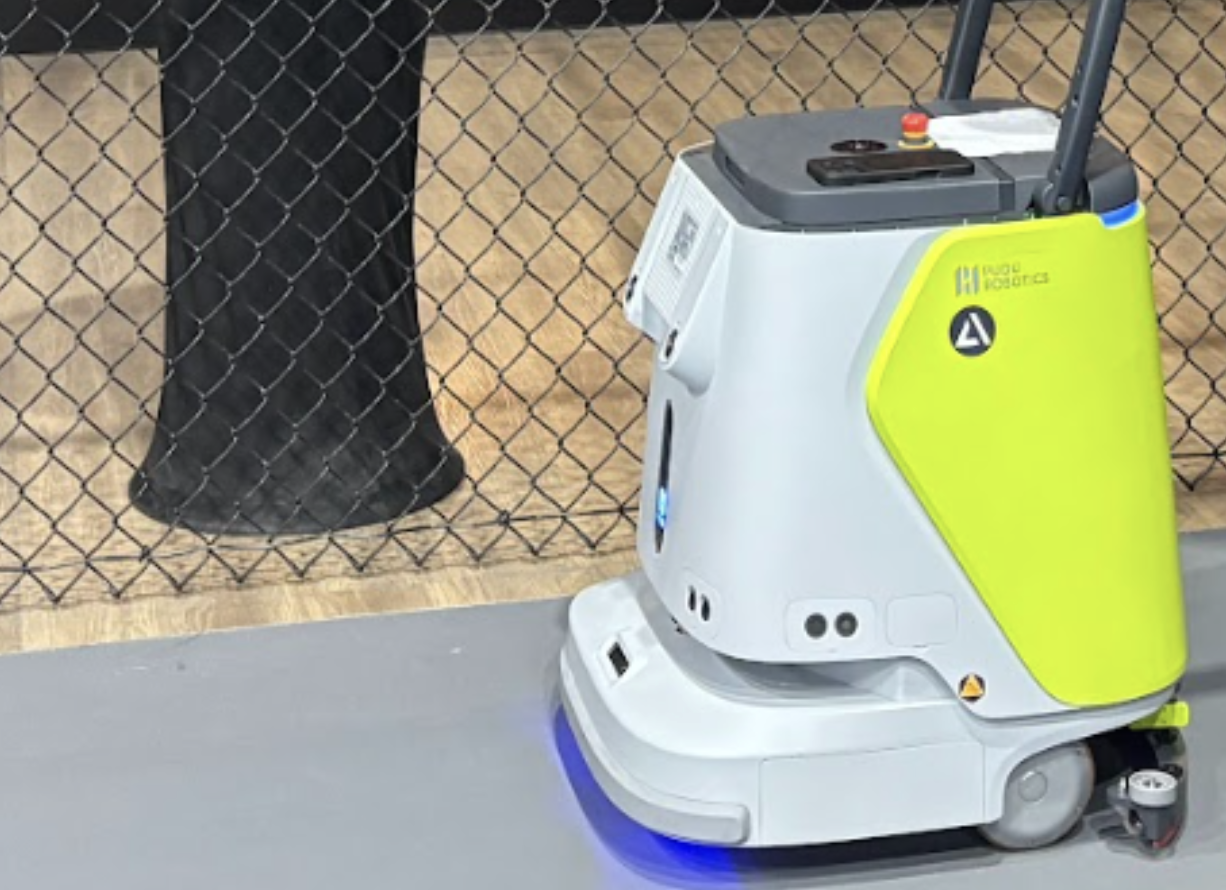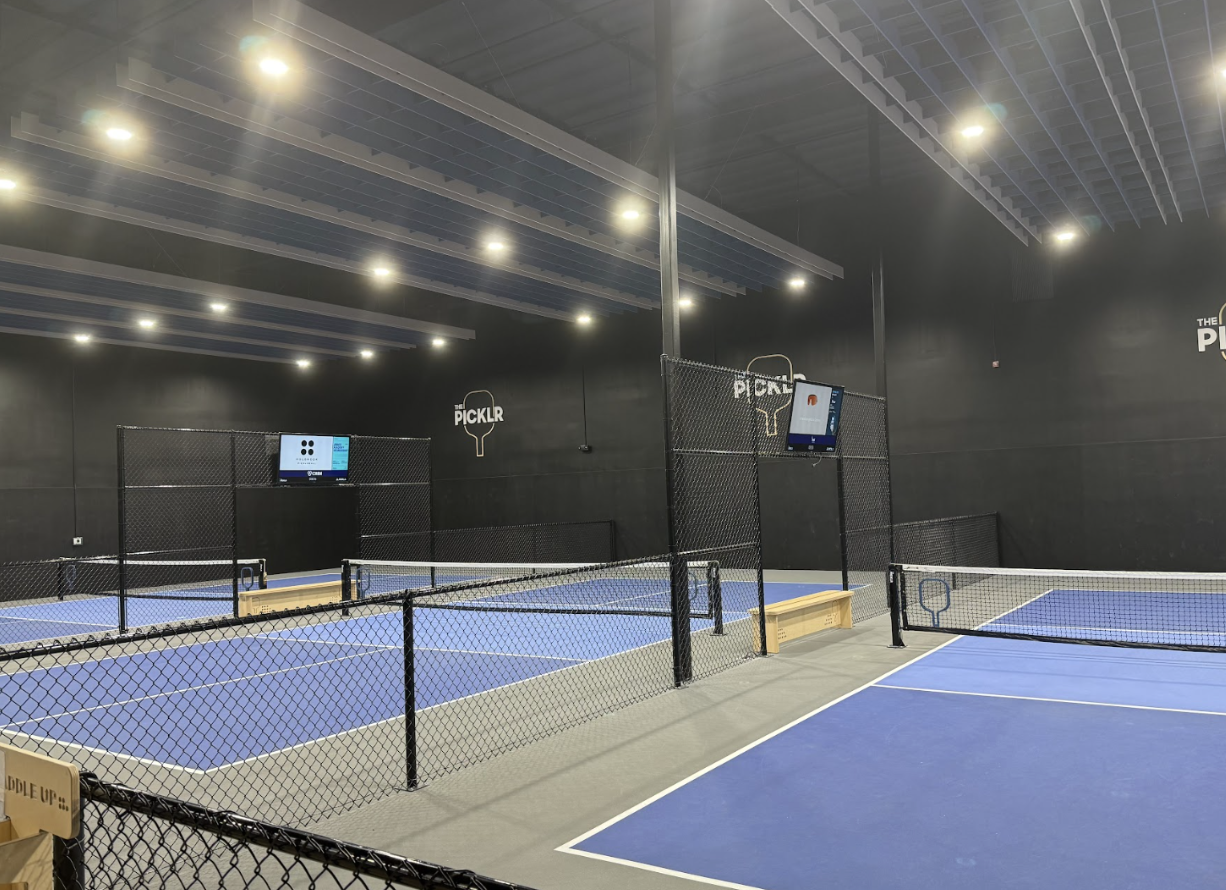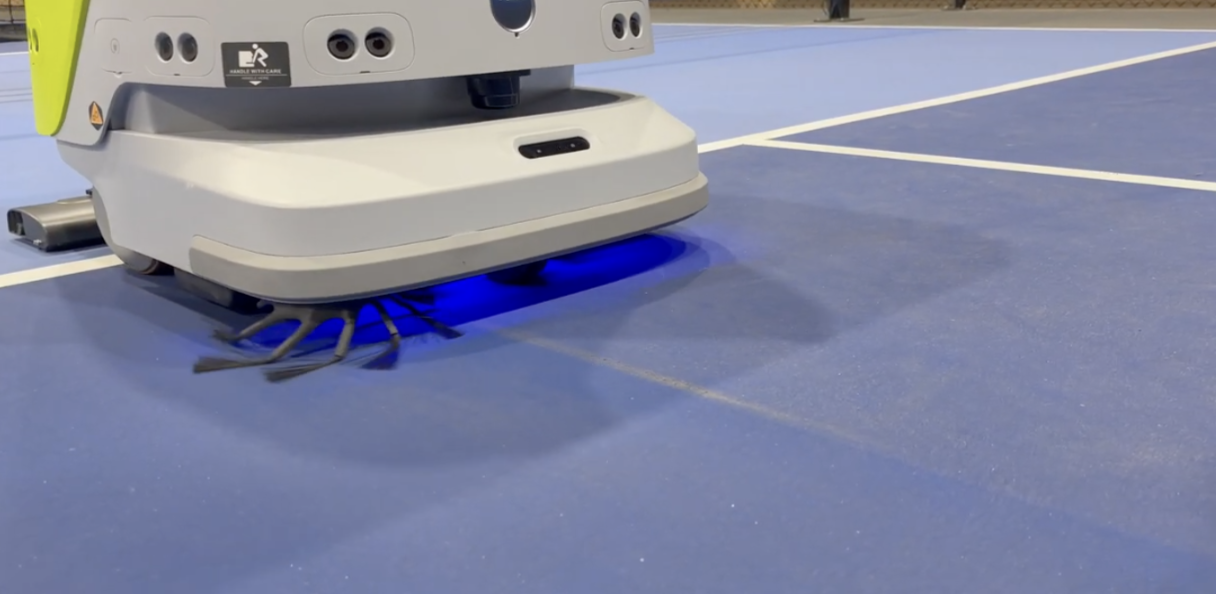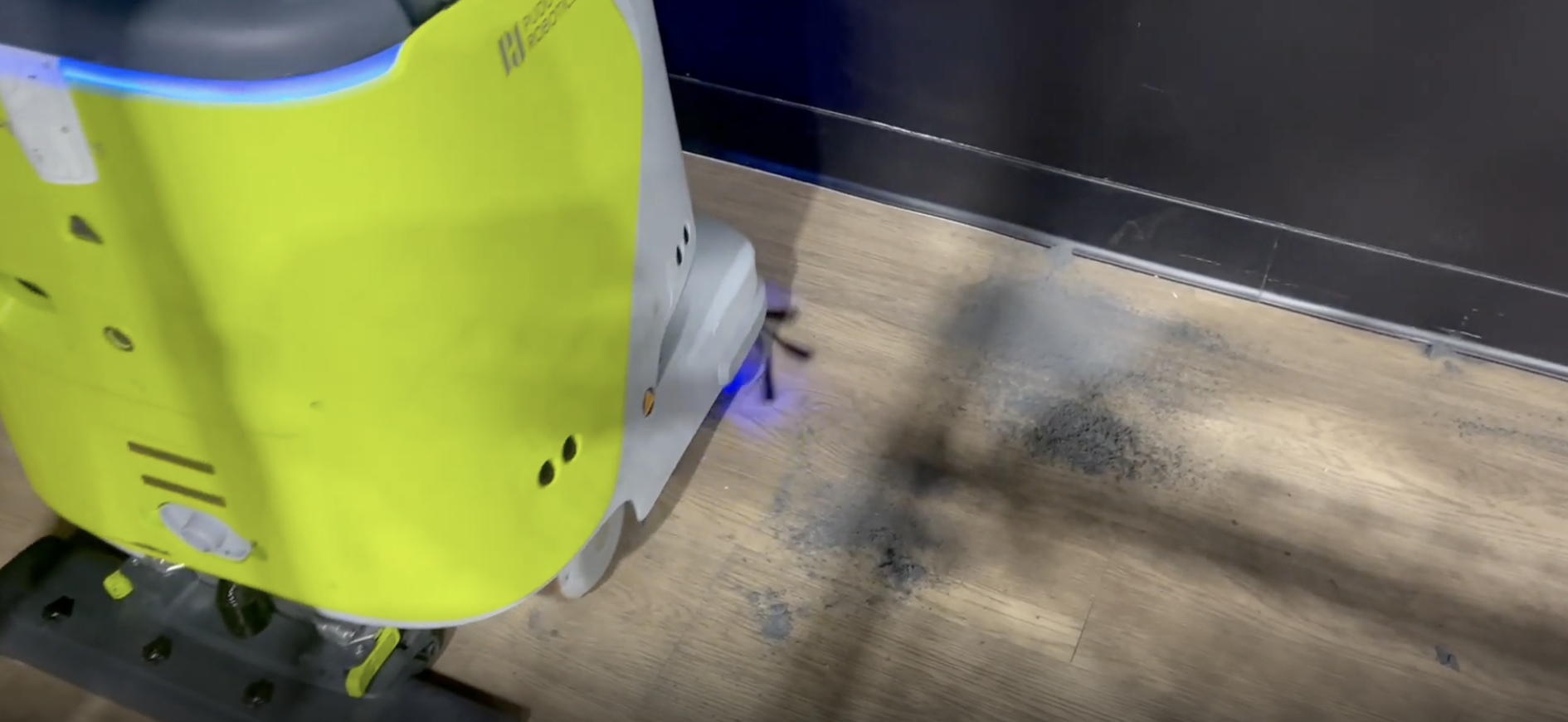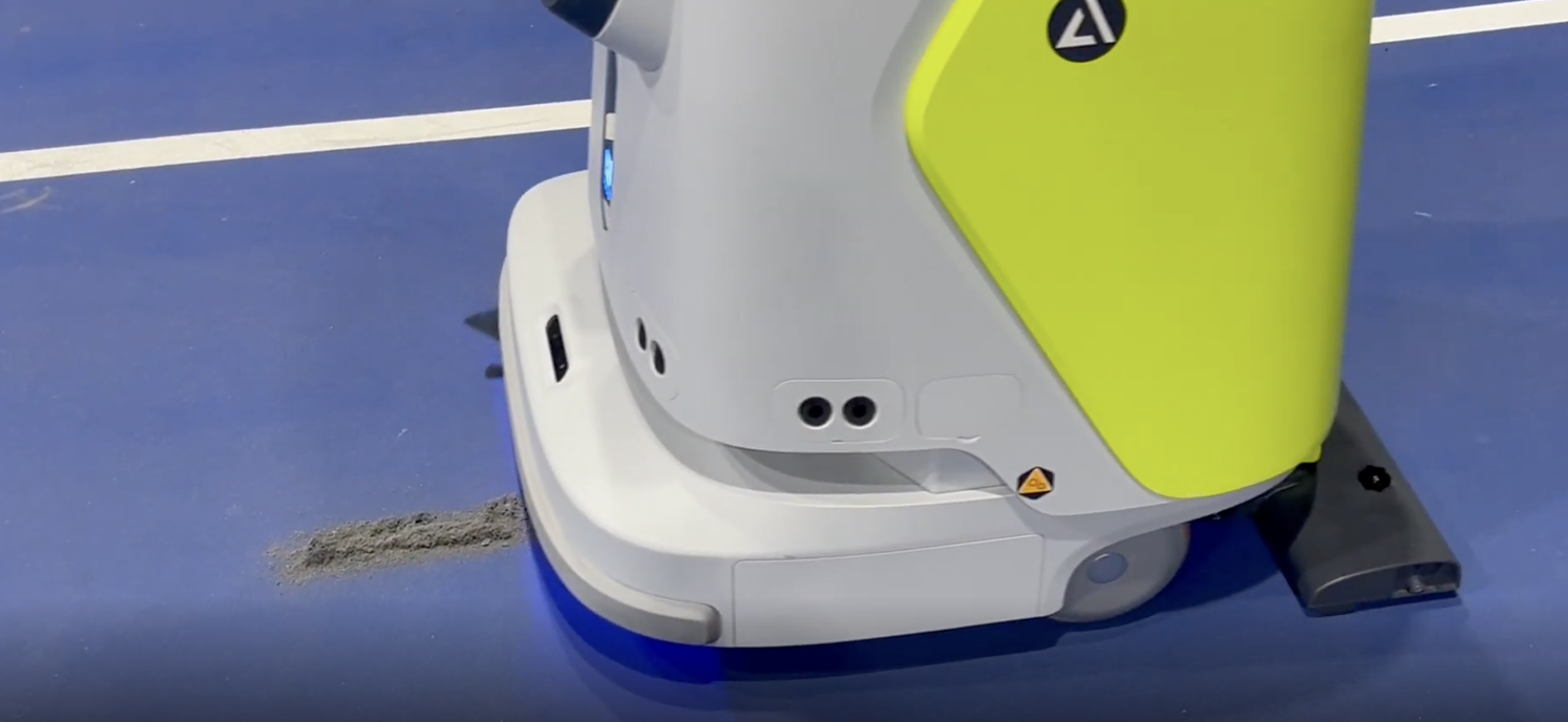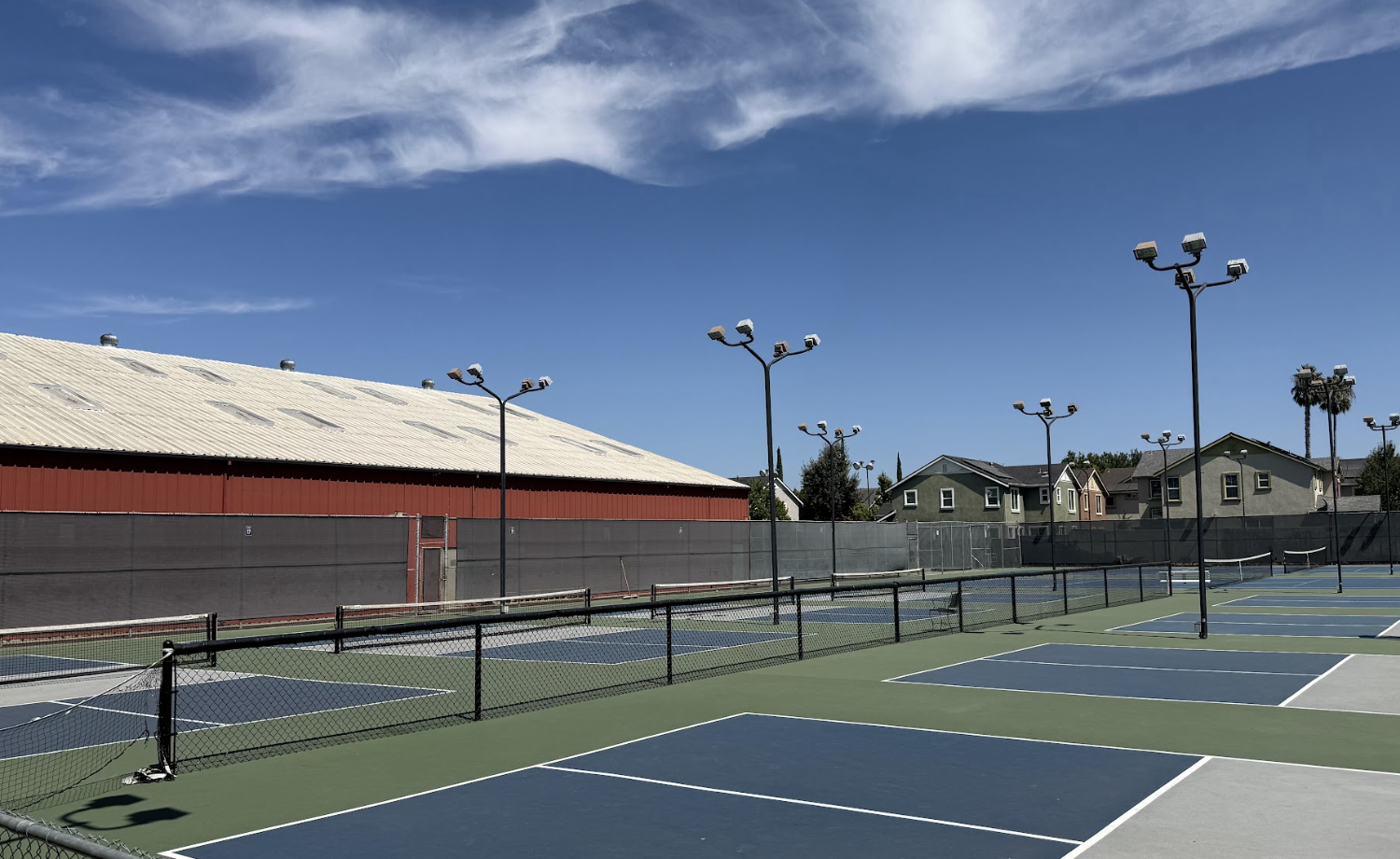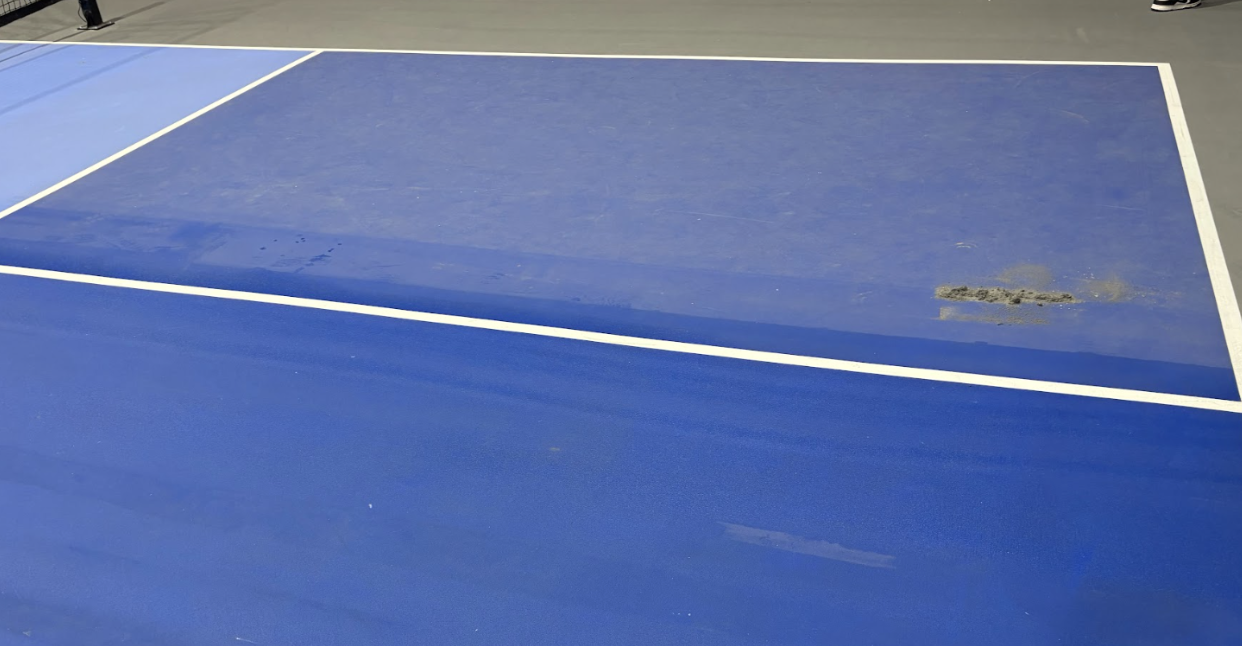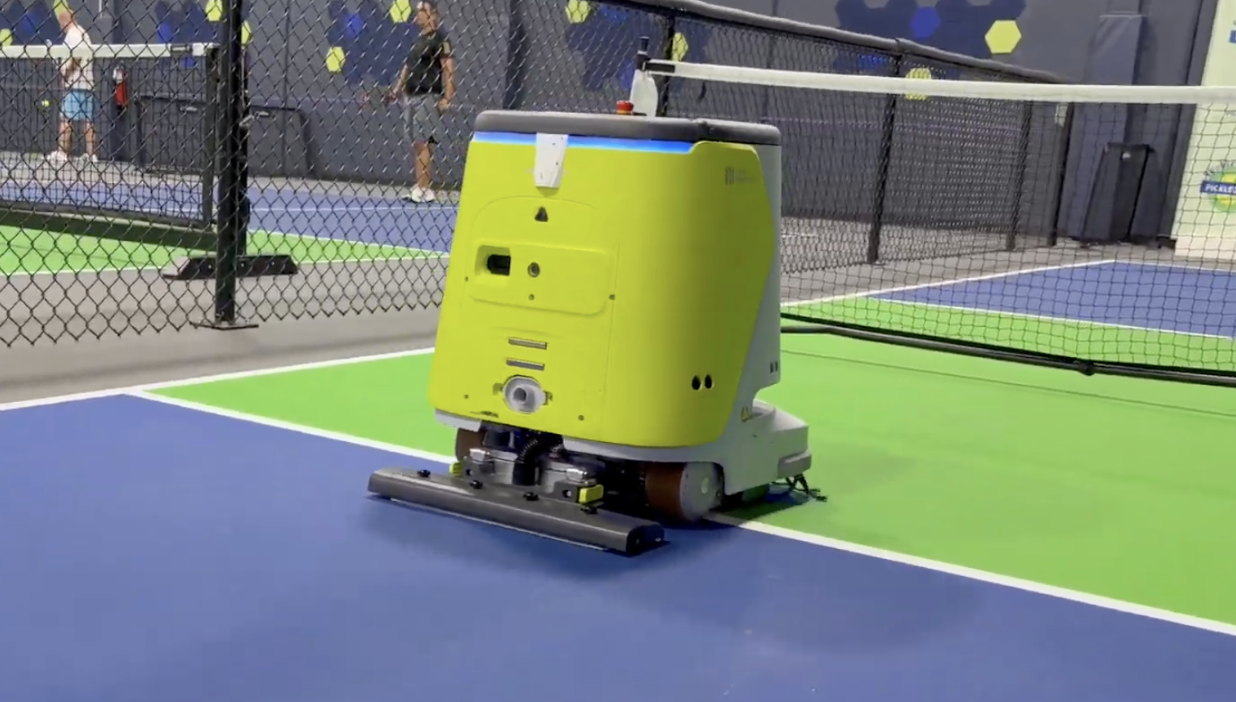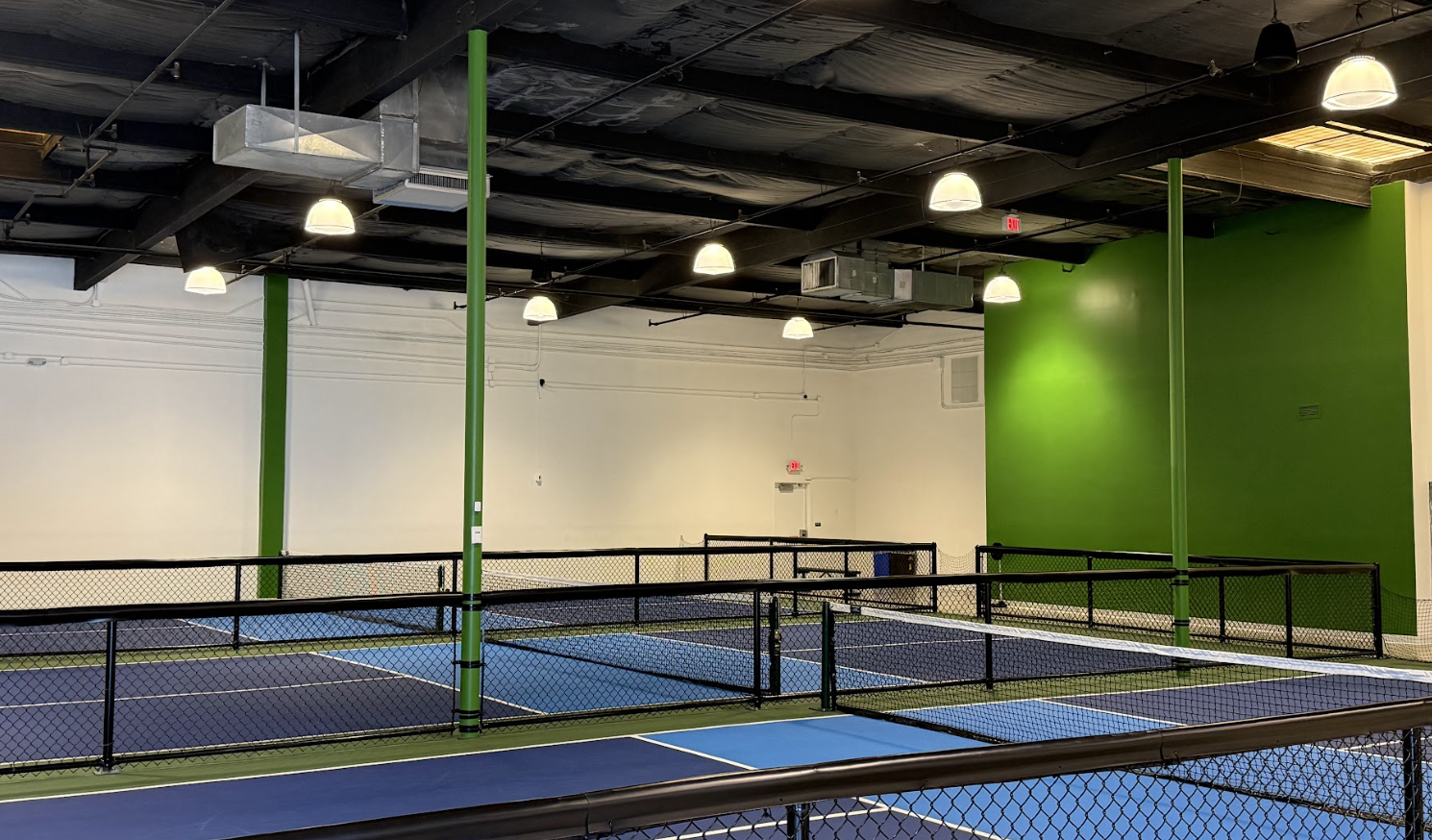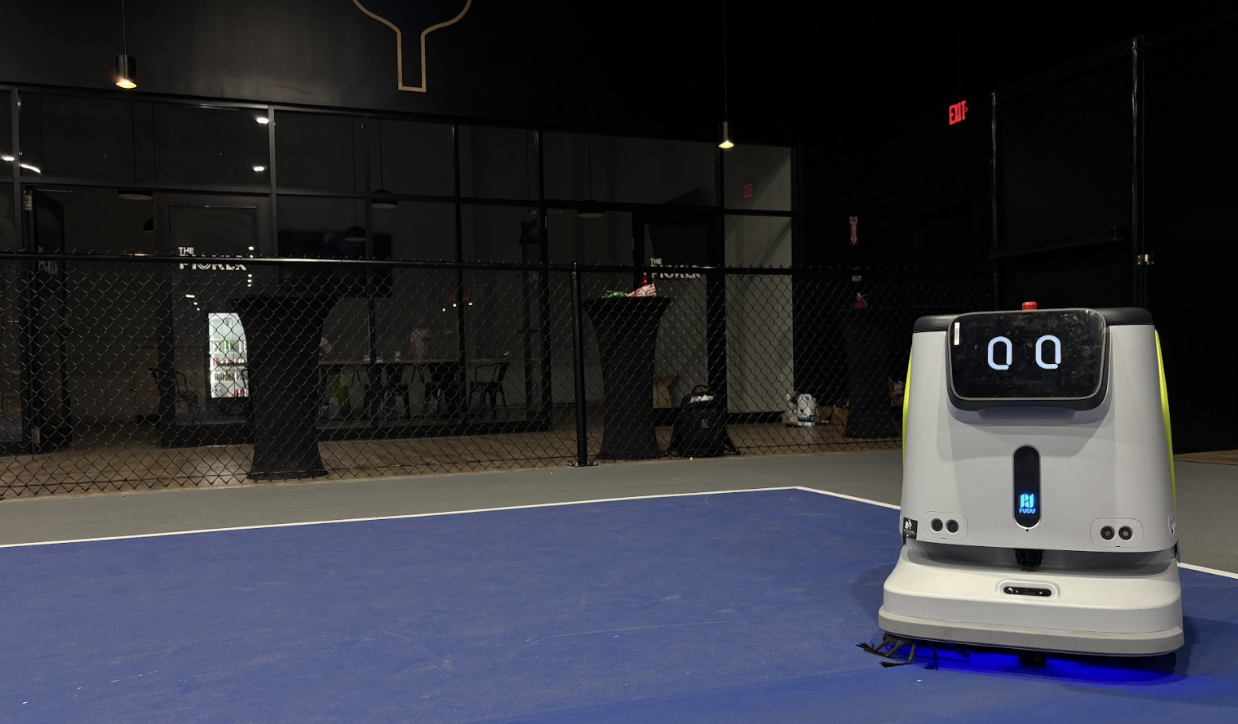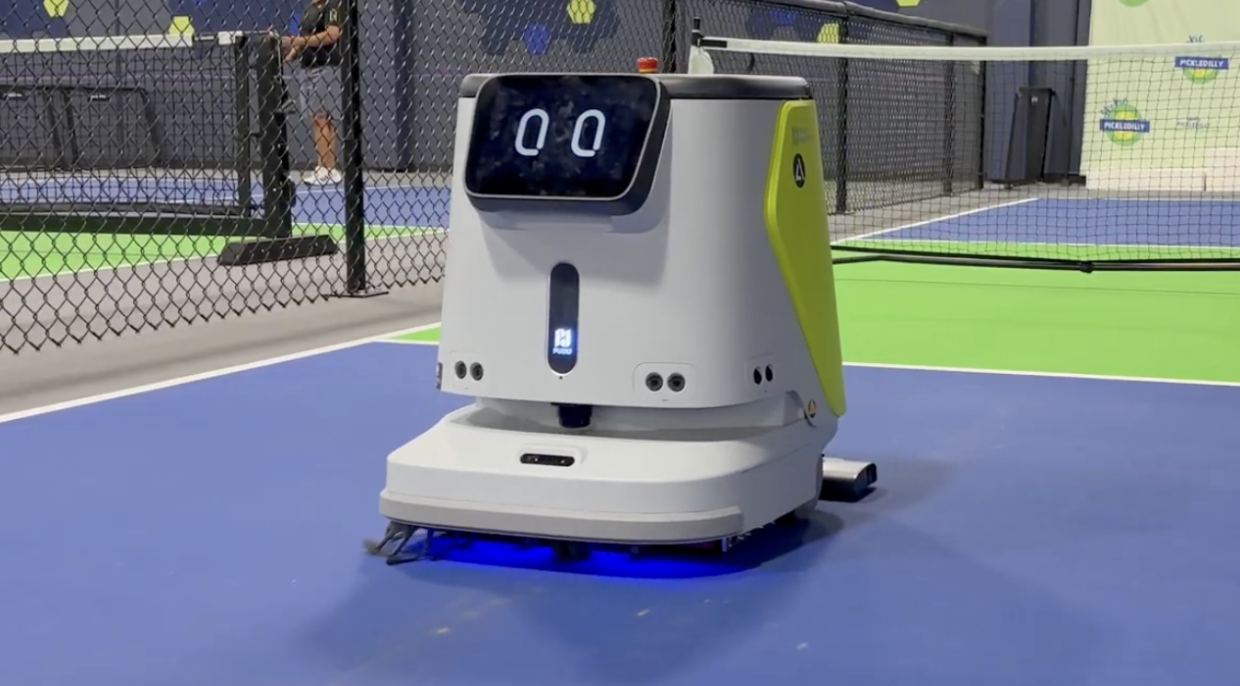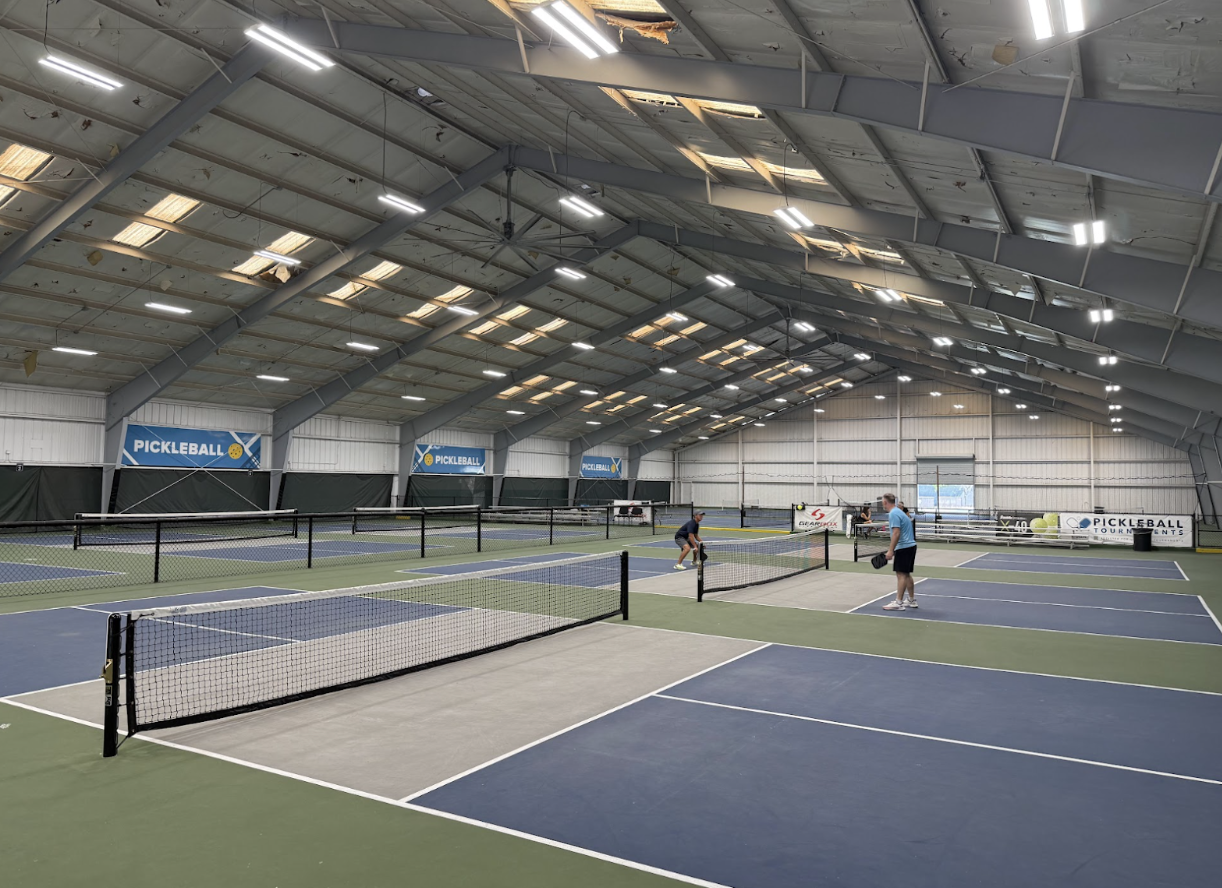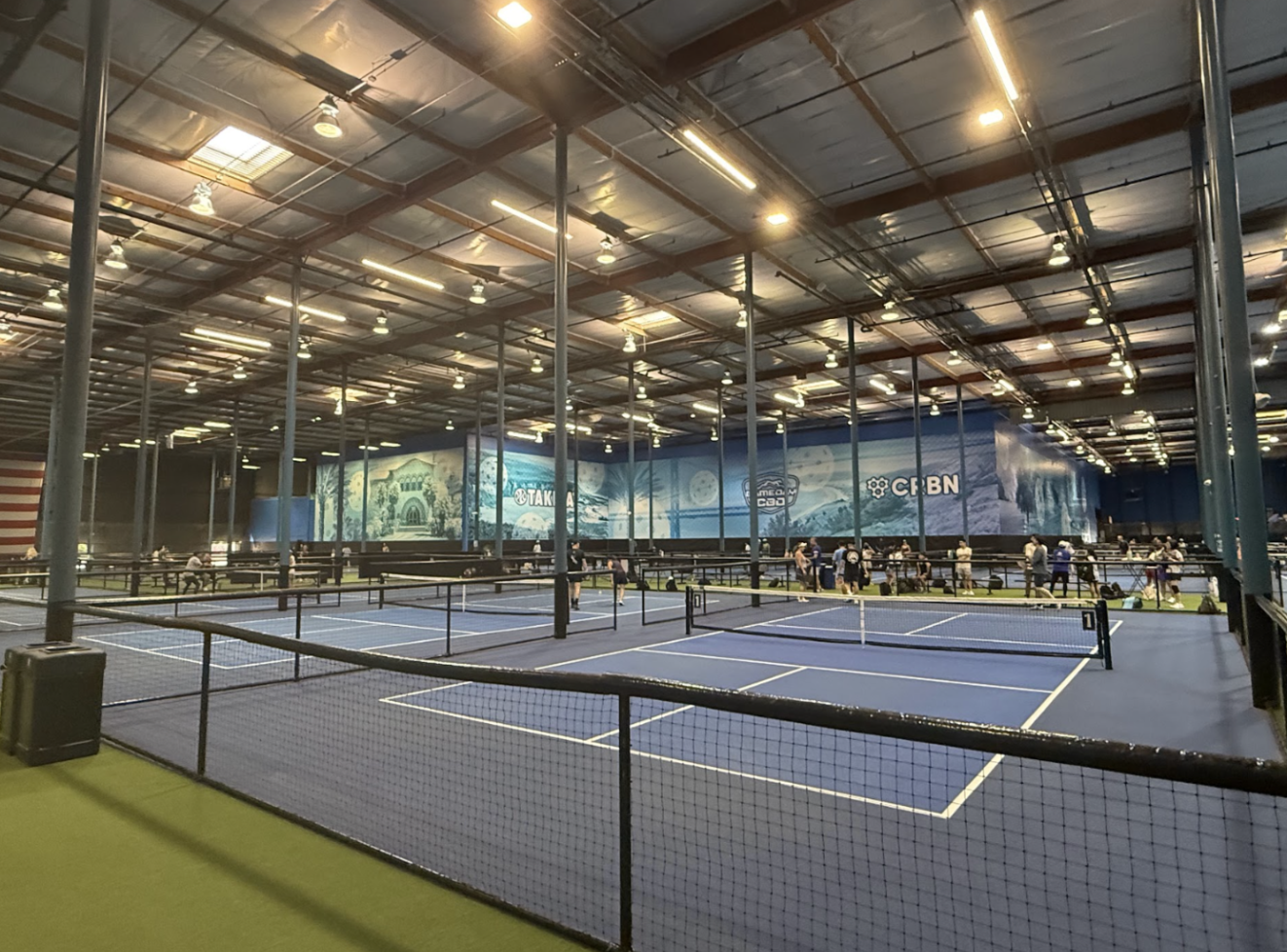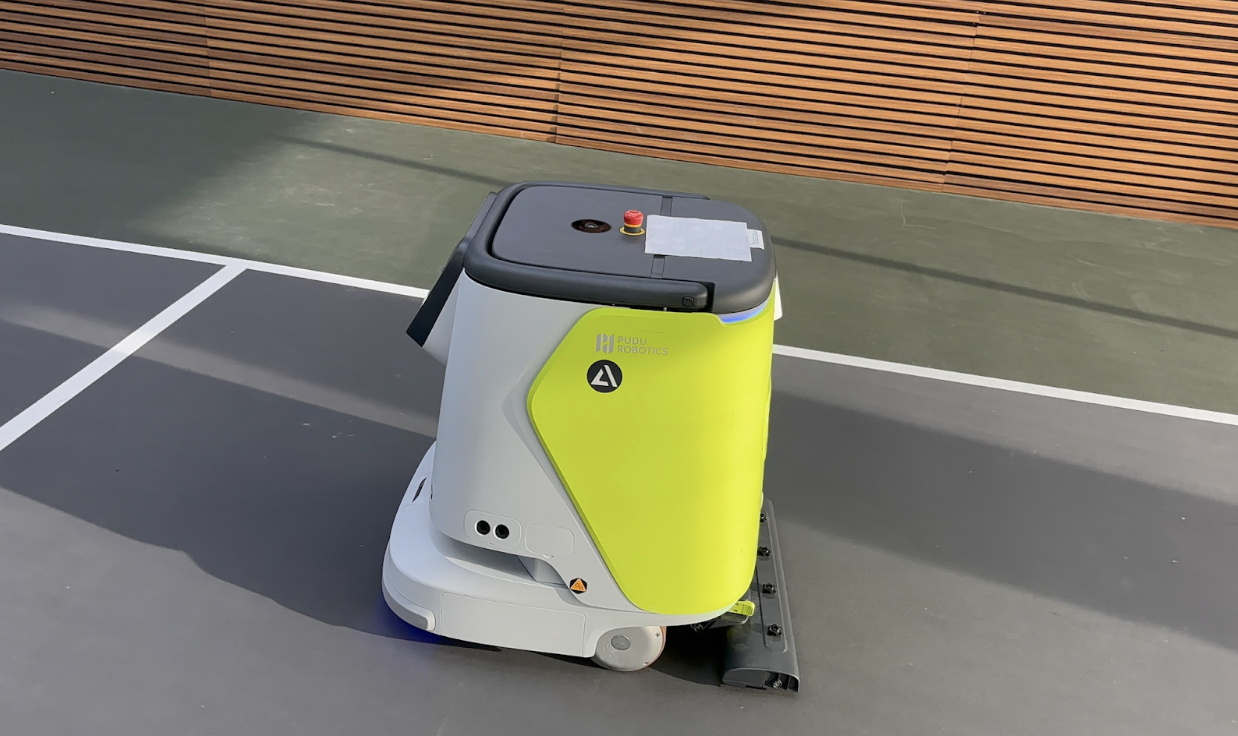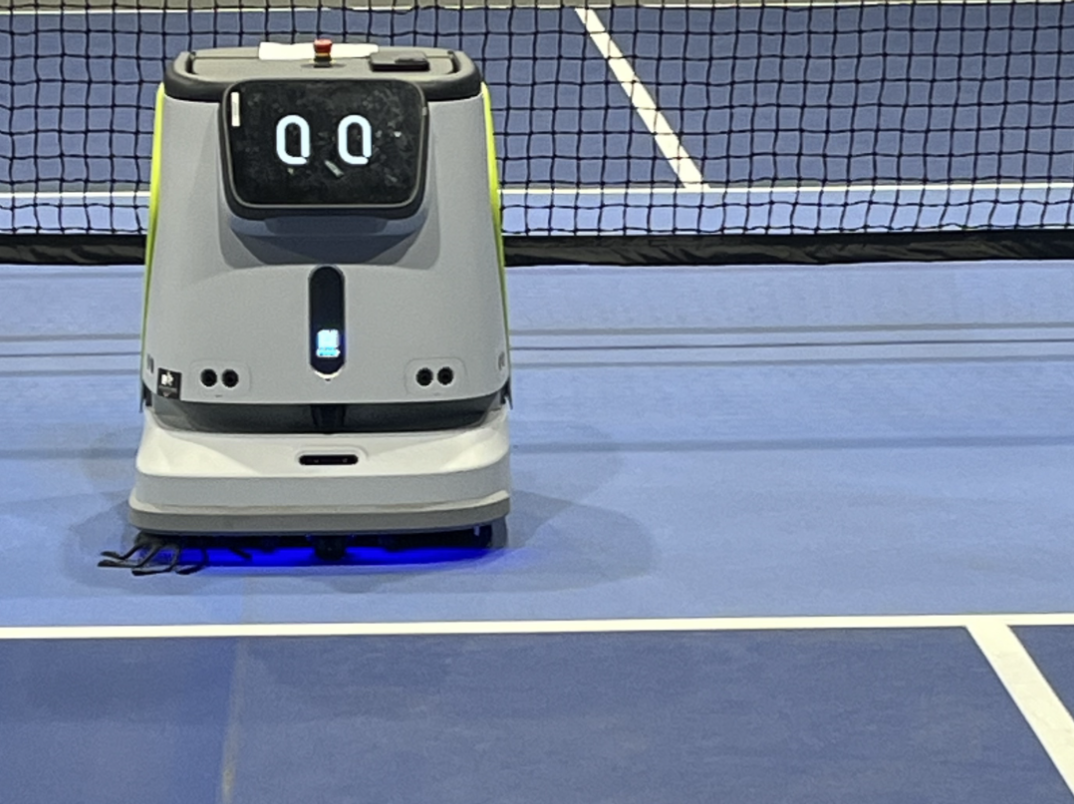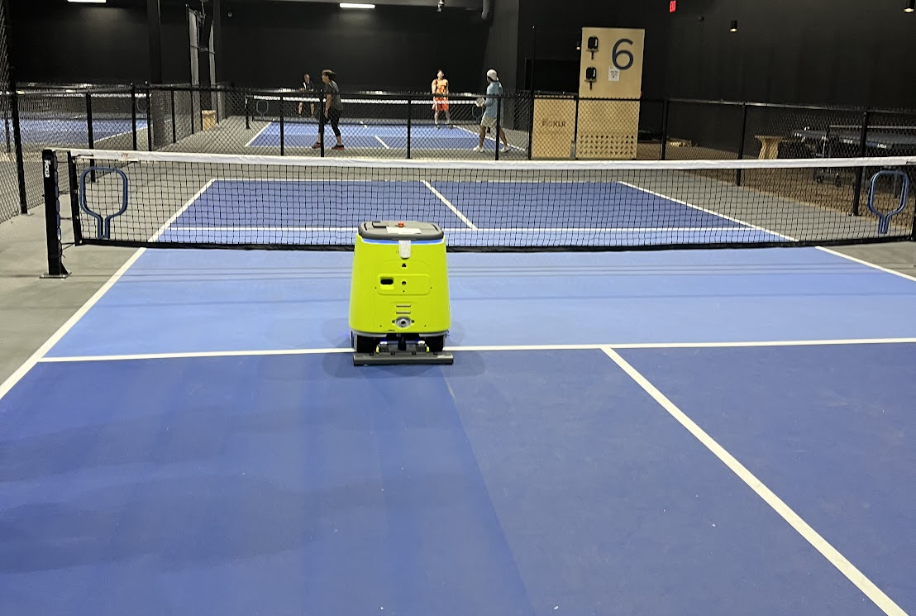Behind the Net: How Bay Padel Scales Facility Operations Without Losing Community

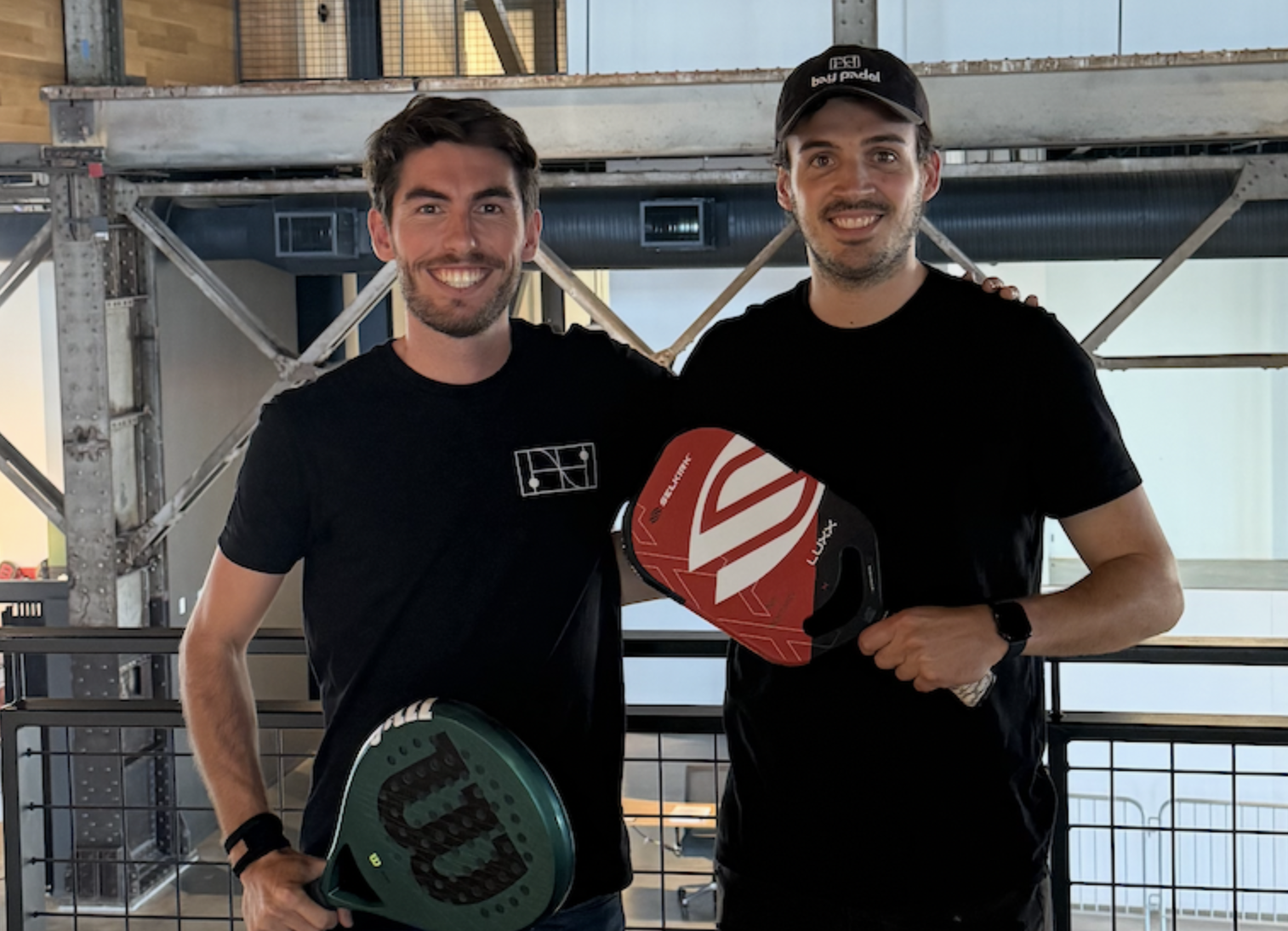
Behind the Net: How Bay Padel Scales Facility Operations Without Losing Community
(Pedro Zorraquin, head of growth on the left) (Matias Gandulfo, co-founder of Bay Padel on the right)
Bay Padel is proving that great racquet-sport facilities are built on more than just courts. They’re built on systems, standards, and smart operations.
Founded by Matias Gandulfo and Lucas Tepman, Bay Padel has become a model for hybrid racquet-sport operations, combining padel and pickleball into one seamless facility experience. The company operates in San Francisco, California, with plans to expand to additional U.S. cities.
For pickleball club owners and operations managers, Bay Padel’s approach offers a blueprint for scaling efficiently while maintaining high performance, clean courts, and a thriving member community.
Operational Philosophy: Community as an Operating System
From the start, Matias and Lucas approached Bay Padel not just as a club, but as a facility ecosystem. One where every process, from check-in to maintenance, reinforces community and consistency.
“You can’t fake culture,” said Matias. “Everything, from how we greet people to how we maintain the courts, has to reflect the same standard. Operations and community are part of the same system.”
That philosophy shows up in the way they operate daily:
1) Front-of-house as educators: Staff are trained to go beyond transactions. They teach new players, introduce them to pickleball or padel, and explain the facility’s systems—creating confident, returning members.
2) Events as operational drivers: Every event is built into the operations calendar, using repeatable templates for scheduling, setup, cleanup, and feedback collection.
3) Continuous improvement mindset: Leadership holds “strong convictions, loosely held” They standardize what works but remain open to new operational ideas from staff and members.
This combination of structure and flexibility allows Bay Padel to maintain standards while adapting fast which is something critical for any growing pickleball club.
Smart Operations
When I spoke with Matias and Pedro Zorraquin, Bay Padel’s Head of Growth, one thing stood out: their operations are bottom-up, not top-down. Every staff member plays a role in shaping how the facility runs.
“Our best operational ideas usually come from the people on the floor,” said Pedro. “They’re the ones seeing what members need every day, so our job is to listen and make their insights scalable.”
1) Coaches don’t just teach. They document lessons learned from players and feed them into programming updates.
2) Front desk staff manage onboarding workflows and monitor new-player conversion rates, treating education as part of their job description.
3) Customer success staff conduct proactive member outreach, gathering operational feedback that gets discussed in weekly review meetings.
These data-informed meetings act as internal audits. They combine feedback from every level, staff, members, and leadership, to make decisions that strengthen consistency across locations.
For facility managers, this model demonstrates how empowering employees creates ownership, accountability, and smoother day-to-day execution.
Workflow Design: Systems That Scale
Bay Padel’s operations succeed because of repeatable workflows that can scale as new locations open.
1) Maintenance protocols: Padel turf requires daily brushing to redistribute sand for safety and bounce consistency. Pickleball courts follow a separate inspection checklist that covers cleanliness, line visibility, and lighting.
2) Event execution: Every event, whether it is a league, clinic, or special event, runs from a written SOP. Results are logged, analyzed, and used to refine the next iteration.
3) Operational audits: Each week, leadership performs on-site reviews, asking the same three questions: Are the courts spotless? Are members being greeted and educated properly? Are staff following the process playbook?
These operational habits, combined with a shared digital workspace, help the team align across multiple sites, even as they experiment with new ideas.
Testing as an Operational Strategy
Matias has an engineering and robotics background, which influences how Bay Padel runs its facilities. Every process is viewed through the lens of efficiency, repeatability, and ROI.
“We treat operations like a product,” Matias explained. “You test, measure, and iterate. The moment you stop testing, your process starts to decay.”
From equipment testing to cleaning processes, the team runs small experiments before scaling them across sites. This includes:
1) Testing industrial scrubbers and vacuum systems for faster turnaround between sessions.
2) Exploring camera-based court monitoring for sand distribution and traffic mapping.
3) Evaluating cleaning automation tools that can integrate with staff scheduling.
Not every experiment works but every one produces data. This test-and-learn approach ensures that Bay Padel’s operations evolve with both player demand and technological progress.
Preparing for Automation
As Bay Padel expands, leadership knows that manual maintenance processes like brushing padel turf or deep-cleaning pickleball courts can strain staff and limit scalability.
That’s why automation is becoming part of their forward-looking operational plan. Tools like autonomous court cleaners (such as CeCe) offer consistent cleaning performance without adding labor hours, allowing staff to focus on member experience and programming.
Bay Padel hasn’t fully adopted this step yet, but their openness to testing automation shows how modern facilities can prepare today for the efficiencies of tomorrow.
For pickleball facilities especially, it’s a reminder that automation isn’t about replacing people. It’s about reinforcing operational consistency while freeing teams to focus on service.
Operational Lessons for Facility Managers
Bay Padel’s model translates directly into actionable principles for pickleball clubs:
1) Standardize daily operations. Build process checklists for everything—court prep, event setup, and end-of-day audits.
2) Train staff as operators, not just employees. Educate them on systems, not just tasks.
3) Turn feedback into process improvements. Create weekly review cycles that include both staff and members.
4) Use data to scale. Track cleaning frequency, court uptime, and member usage rates to make data-backed decisions.
5) Invest early in automation. The earlier you test tools that reduce repetitive labor, the smoother your scale will be.
Takeaway
Bay Padel’s operational success isn’t an accident. It’s the result of clear systems, empowered teams, and a culture that values both innovation and community.
By building repeatable workflows, listening to staff, and continuously experimenting with new tools, Matias, Lucas, and their team have created a model that pickleball clubs across the country can learn from.
Their playbook is simple but powerful: design for scale, operate with precision, and never stop testing. Because the best facilities don’t just run smoothly. They evolve daily.


